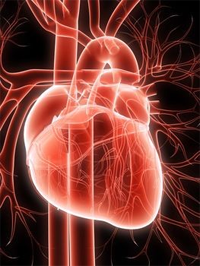The Advantages of PPC Therapy
Circulation and Plaque Deposit: PPC is documented to help in atherosclerosis, where it helps reduce atherosclerotic plaque deposits, coronary artery disease (CAD), angina, peripheral artery disease (PAD) and carotid stenosis. It can also help improve walking distance and sexual potency.
Cholestrerolemia and Triglyceridemia: PPC lowers total cholesterol, LDL & VLDL (up to 36% reduction), triglycerides (up to 34 % reduction), improves HDL (up to 10-25 % elevation), reduces lipid peroxidation, and reduces hyperlipoproteinemia.
Kidney Disease: PPC can improve kidney function and can improve the effectiveness of kidney dialysis.
Liver Disease: PPC can improve liver function and can help reduce liver fibrosis and hepatitis.
RBCs: PPC can improve flexibility of RBC’s and decreases platelet aggregation (stickiness).
Cognitive Function: PPC can improve cognitive function, memory in elderly and conditions like Alzheimer’s, autism, and can reduce tardive dyskinesia (Parkinson’s)
Anti-Aging: PPC improves skin tone, flexibility and glow since it helps renew cell membranes.
PPC can also help improve circulation in conjunction with chelation

